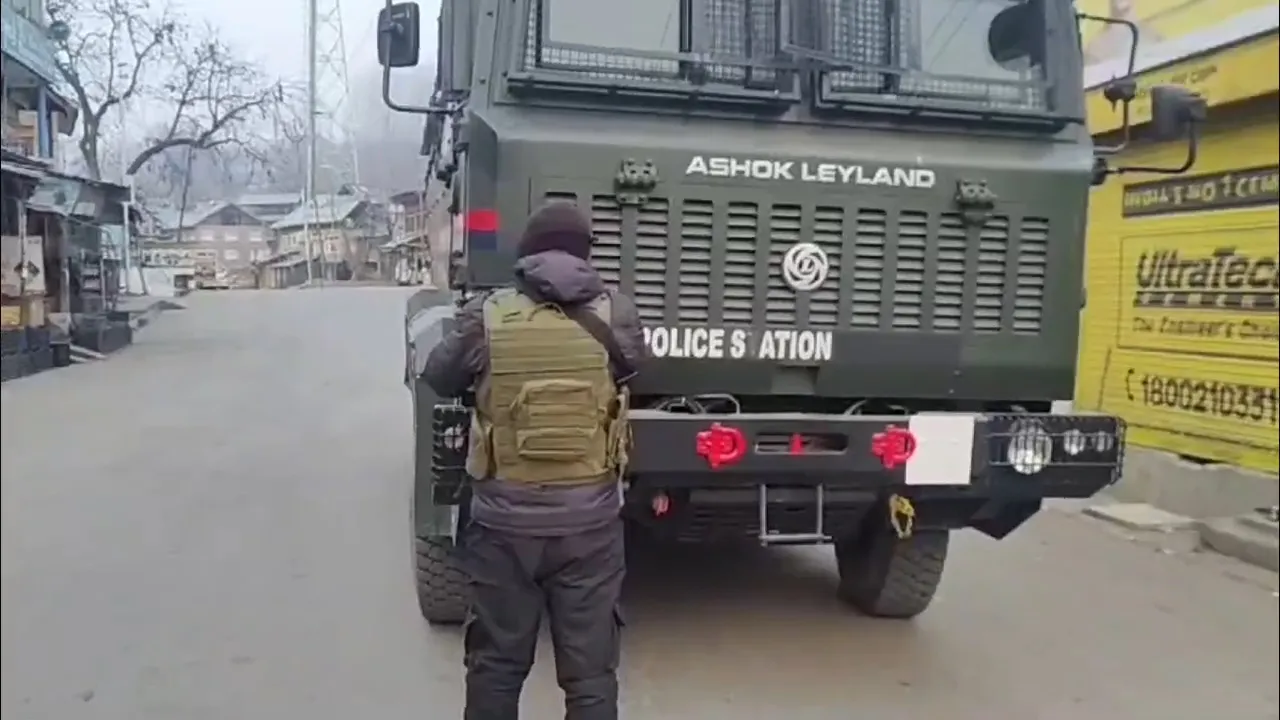 |
|
The recent encounter in Kulgam, south Kashmir, marked a significant victory for Indian security forces. The operation resulted in the death of Farooq Nali, a high-ranking commander of the Hizbul Mujahideen (Hizb), a prominent militant group operating in the region. Nali's death is considered a major blow to the organization, given his long tenure as a militant commander and his alleged involvement in numerous attacks targeting both civilians and security personnel. His prolonged presence in the valley underscores the challenges faced by security forces in neutralizing deeply entrenched militant networks. The operation highlights the ongoing conflict and the complex security situation in Kashmir.
The encounter itself was a high-intensity operation, involving a prolonged firefight between security forces and the group of militants. The precise details of the engagement remain somewhat sparse, pending full investigation, but reports indicate a determined resistance from the militants. The casualty figures – five militants killed, including the key commander, and two injured soldiers – paint a picture of a fierce and risky operation. The injuries sustained by the soldiers serve as a stark reminder of the inherent dangers faced by security personnel engaged in counter-terrorism operations in the region. The success of the operation underscores the importance of intelligence gathering and coordinated tactical maneuvers in neutralizing well-established militant networks.
The death of Farooq Nali and his associates will undoubtedly have ripple effects within the militant ecosystem. It may lead to a period of instability as the group attempts to reorganize and appoint a successor. There is a potential for retaliatory actions, highlighting the ongoing threat and the need for continued vigilance. It's imperative to closely monitor the situation for any potential escalation of violence. Furthermore, this encounter raises broader questions about the long-term strategy for addressing militancy in the region. While the elimination of high-value targets is a significant tactical achievement, it does not address the underlying root causes of the conflict. A sustained effort to promote peace and address the socio-economic factors contributing to militancy remains crucial for achieving lasting stability in Kashmir. The long-term impact of this operation will depend on the response of the militant groups and the overall security situation in the region.
The psychological impact of this encounter is also significant. The death of a long-serving commander like Farooq Nali sends a clear message to other militants. It demonstrates the determination of security forces to counter terrorism and neutralize key figures. Simultaneously, the incident underscores the risk and sacrifices made by security personnel in the line of duty. It also has potential implications for civilian populations caught in the crossfire. While such operations can bring about a temporary sense of relief and improved security, it's crucial to address the broader societal impacts, ensuring that the civilian population doesn't bear the brunt of the conflict. Long-term solutions must involve community engagement and initiatives aimed at promoting peace and development.
Moving forward, sustained efforts towards community outreach, economic development, and conflict resolution are needed to address the underlying issues that fuel militancy in the region. This is crucial to ensure the long-term success of counter-terrorism operations and prevent the emergence of new leaders and groups to fill the power vacuum created by Nali's death. The government must continue to prioritize intelligence gathering, build stronger community relationships, and invest in infrastructure and development to create a more secure and prosperous environment for all residents. Only a holistic approach that addresses both security concerns and social development can contribute to sustainable peace and stability in the troubled region of Kashmir.
Source: Kulgam encounter: One of Hizb’s longest surviving commanders among 5 militants killed
